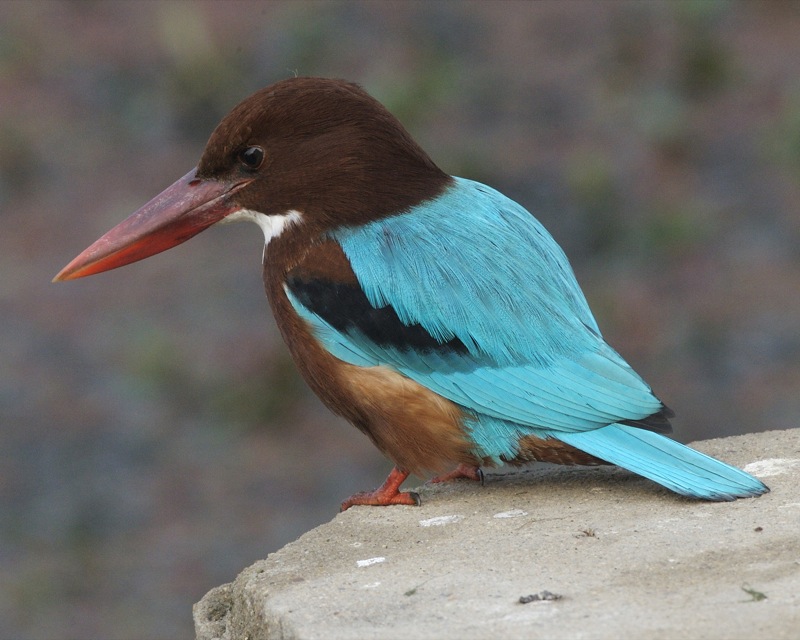|
Doğa
Doğa (meaning ''nature'' in Turkish) or Birdlife Turkey is an organisation which defends the rights of nature in Turkey, both birds and biodiversity in general. It is the Turkish partner of BirdLife International, and a member of the International Union for Conservation of Nature. Erciyes University helped with the national bird observations database Kuşbank, which is part of eBird. See also KuzeyDoğa KuzeyDoğa (Northeastern Nature) is a Turkish conservation non-governmental organization operating primarily in the far eastern section of the country, with a focal area ranging from the shores of the Black Sea to Mount Ağrı (Ararat). Histor ... References {{Reflist Nature conservation organizations based in Turkey BirdLife partners ... [...More Info...] [...Related Items...] OR: [Wikipedia] [Google] [Baidu] |
KuzeyDoğa
KuzeyDoğa (Northeastern Nature) is a Turkish conservation non-governmental organization operating primarily in the far eastern section of the country, with a focal area ranging from the shores of the Black Sea to Mount Ağrı (Ararat). History The organization was initially created in 2003 as the Kars-Iğdır Biodiversity Project by the biology professor Çağan H. Şekercioğlu, who subsequently founded KuzeyDoğa in January 2008. Since 2006, the organization placed motion-triggered cameras to capture the wildlife in the Eastern Anatolian region (project 'Animal Corridor'). A bird research and education center was established in the Aras Valley at the village Yukarı Çıyrıklı (one of Turkey's two bird ringing stations that remain active yearly). Starting in 2011, KuzeyDoğa became the first organization to track wolves in Turkey. In January 2012, the Ministry of Forest and Water Management created the country's first wildlife corridor in the Northeastern Anatolia reg ... [...More Info...] [...Related Items...] OR: [Wikipedia] [Google] [Baidu] |
Nonprofit Organization
A nonprofit organization (NPO), also known as a nonbusiness entity, nonprofit institution, not-for-profit organization, or simply a nonprofit, is a non-governmental (private) legal entity organized and operated for a collective, public, or social benefit, as opposed to an entity that operates as a business aiming to generate a Profit (accounting), profit for its owners. A nonprofit organization is subject to the non-distribution constraint: any revenues that exceed expenses must be committed to the organization's purpose, not taken by private parties. Depending on the local laws, charities are regularly organized as non-profits. A host of organizations may be non-profit, including some political organizations, schools, hospitals, business associations, churches, foundations, social clubs, and consumer cooperatives. Nonprofit entities may seek approval from governments to be Tax exemption, tax-exempt, and some may also qualify to receive tax-deductible contributions, but an enti ... [...More Info...] [...Related Items...] OR: [Wikipedia] [Google] [Baidu] |
Non-governmental Organization
A non-governmental organization (NGO) is an independent, typically nonprofit organization that operates outside government control, though it may get a significant percentage of its funding from government or corporate sources. NGOs often focus on humanitarian or social issues but can also include clubs and associations offering services to members. Some NGOs, like the World Economic Forum, may also act as lobby groups for corporations. Unlike international organizations (IOs), which directly interact with sovereign states and governments, NGOs are independent from them. The term as it is used today was first introduced in Article 71 of the UN Charter, Article 71 of the newly formed United Nations Charter in 1945. While there is no fixed or formal definition for what NGOs are, they are generally defined as nonprofit entities that are independent of governmental influence—although they may receive government funding. According to the United Nations Department of Global Communic ... [...More Info...] [...Related Items...] OR: [Wikipedia] [Google] [Baidu] |
Wildlife Of Turkey
The wildlife of Turkey is abundant and diverse. Turkey is a large country with many geographic and climatic regions and a great diversity of plants and animals, each suited to its own particular habitat. About 1,500 species of vertebrates and 19,000 species of invertebrates have been recorded in the country. Some of the world's staple crops were first cultivated in this area and many of their wild relatives are still found here. The country acts as a crossroads for many birds during migration, connecting Europe, Asia, and the Near East. Biomes and ecoregions Flora Fauna Threats Threats to biodiversity include desertification due to climate change in Turkey, which is forecast to move the ecoregions northwards, and large scale infrastructure projects such as those near Istanbul. Land degradation threatens biodiversity loss, and water scarcity is also a problem. Küre and Kaçkar Mountains National Parks have been suggested for rewilding. Several marine fish and mammals have ... [...More Info...] [...Related Items...] OR: [Wikipedia] [Google] [Baidu] |
List Of Birds Of Turkey
This is a list of the bird species recorded in Turkey. The avifauna of Turkey include a total of 495 species, of which 90 have occurred accidentally and 4 have been Introduced species, introduced by humans. The official checklist of birds of Turkey is maintained by the Turkish Bird Records Committee, which receives and reviews the submitted records via eBird. This list's Taxonomy (biology), taxonomic treatment (designation and sequence of orders, families and species) and nomenclature (common and scientific names) follow the conventions of ''The Clements Checklist of Birds of the World'', 2022 edition. The family accounts at the beginning of each heading reflect this taxonomy, as do the species counts in each family account. Introduced and accidental species are included in the total counts for Turkey. The following tags have been used to highlight several categories. The commonly occurring native species do not fall into any of these categories. *(A) Vagrancy (biology), Acci ... [...More Info...] [...Related Items...] OR: [Wikipedia] [Google] [Baidu] |

